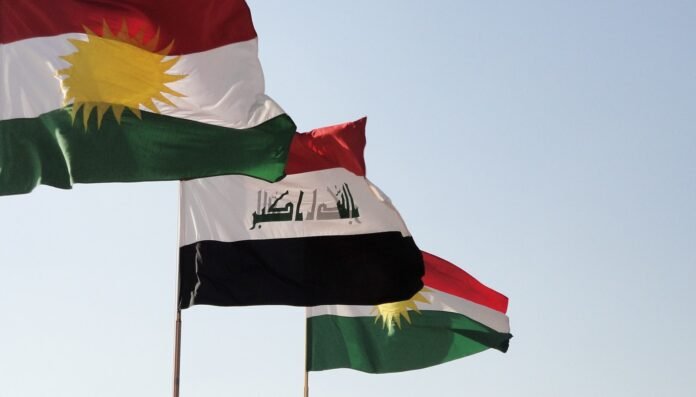Twenty years after Iraq adopted its permanent constitution in October 2005, debate continues. Experts stress that implementing the constitution is crucial for stability and national unity.
The 2005 constitution marked a historic step toward democracy. It established a federal system that protects pluralism, human rights, and citizen participation. However, political disputes slowed its full execution.
Human rights activist Kazem Al-Juhaishi says the constitution was a major achievement. Yet, it faced severe political and security pressures. Therefore, periodic review is essential. He explains, “At least a dozen legal provisions need revision. They directly affect citizens’ daily lives.”
For the Kurdistan Region, the constitution guarantees its federal status. It legitimizes the region’s powers and protects political and economic rights. Meanwhile, experts in Erbil stress that future amendments must preserve federalism. They also insist that changes should reflect national consensus, not centralized authority.
Kurdistan Region President Nechirvan Barzani stresses that Iraq’s crises require implementing the constitution, not rewriting it. Furthermore, he calls for consolidating federalism. He also urges strengthening national partnerships.Barzani believes cooperation under the constitution ensures long-term stability.
Advisor Kifah Mahmoud agrees. He notes the constitution itself is fair and just. However, delays in Article 140 and the oil and gas law caused instability. He warns, “Iraq cannot be stable without implementing the constitution in a spirit that guarantees all citizens’ rights.”
Researcher Ghazi Faisal Al-Sakouti highlights structural flaws in Iraq’s political system. For example, sectarian interpretations weakened the constitution’s unifying role. Similarly, minority rights advocate Arian Khalat says vague wording leaves protections to political discretion.
Consequently, experts agree that the constitution remains a historic achievement. Therefore, the challenge is fully implementing the constitution. This includes respecting federalism and fostering national partnerships for long-term stability.


